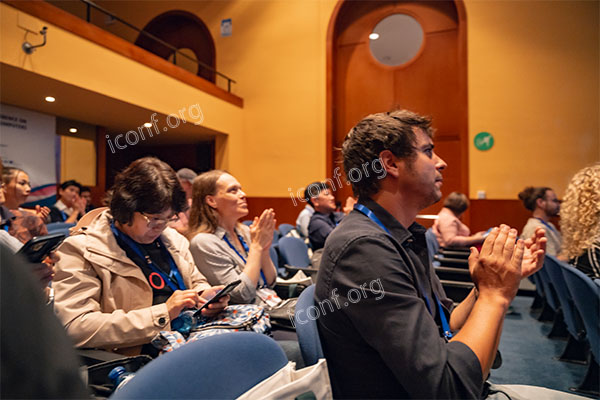In the ever-critical field of environmental sciences and technology, staying informed about the latest research, solutions, and trends is vital for professionals, researchers, and students. Here's your guide to exploring technology-driven solutions at environment sciences and technology academic conferences in 2025:

Networking: These conferences provide a platform to meet potential collaborators, mentors, and peers from around the globe.
Professional Development: Engaging with the latest research, methodologies, and trends keeps you at the cutting edge of environmental sciences and technology.
Visibility: Presenting your work at these events can increase your visibility within the academic and industry communities, potentially leading to citations, collaborations, or career advancements.
Learning from Experts: Seminars, workshops, and conferences often feature leading experts, providing insights that can shape your research or career.
The International Conference on Environmental Science and Technology (ICEST): A premier event for discussing advancements in environmental science, from pollution control to sustainable technologies.
The Global Symposium on Environmental Engineering (GSEE): Addressing the latest trends in environmental engineering, from water treatment to waste management.
The American Geophysical Union (AGU) Fall Meeting: Covering a wide range of environmental topics, from climate change to natural hazards.
The International Conference on Sustainable Development (ICSD): Focusing on sustainable practices, renewable energy, and ecological conservation.
The European Conference on Environmental Management (ECEM): Exploring environmental management, policy, and technology solutions.
Research and Select Events: Choose conferences that align with your research interests and where your work will have the most impact.
Prepare Your Presentation: If you're presenting, ensure your research is polished and ready for critique and discussion.
Engage Actively: Don't just attend; participate in discussions, ask questions, and offer insights.
Network Strategically: Identify key individuals you want to meet and approach them with clear, professional intentions.
Follow-Up: After the conference, follow up with new contacts to solidify connections and explore potential collaborations.
Copyright @ 2018 iconf.org name All rights reserved